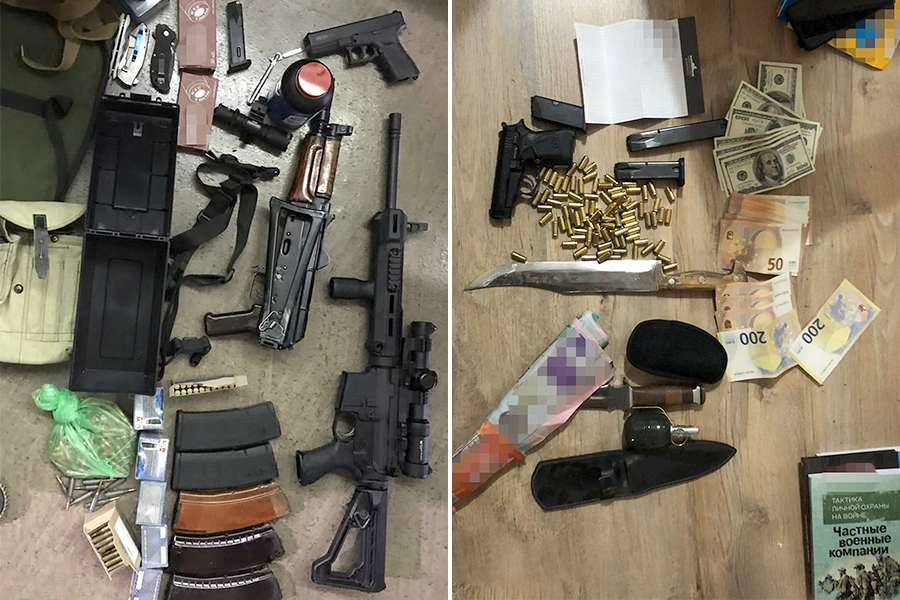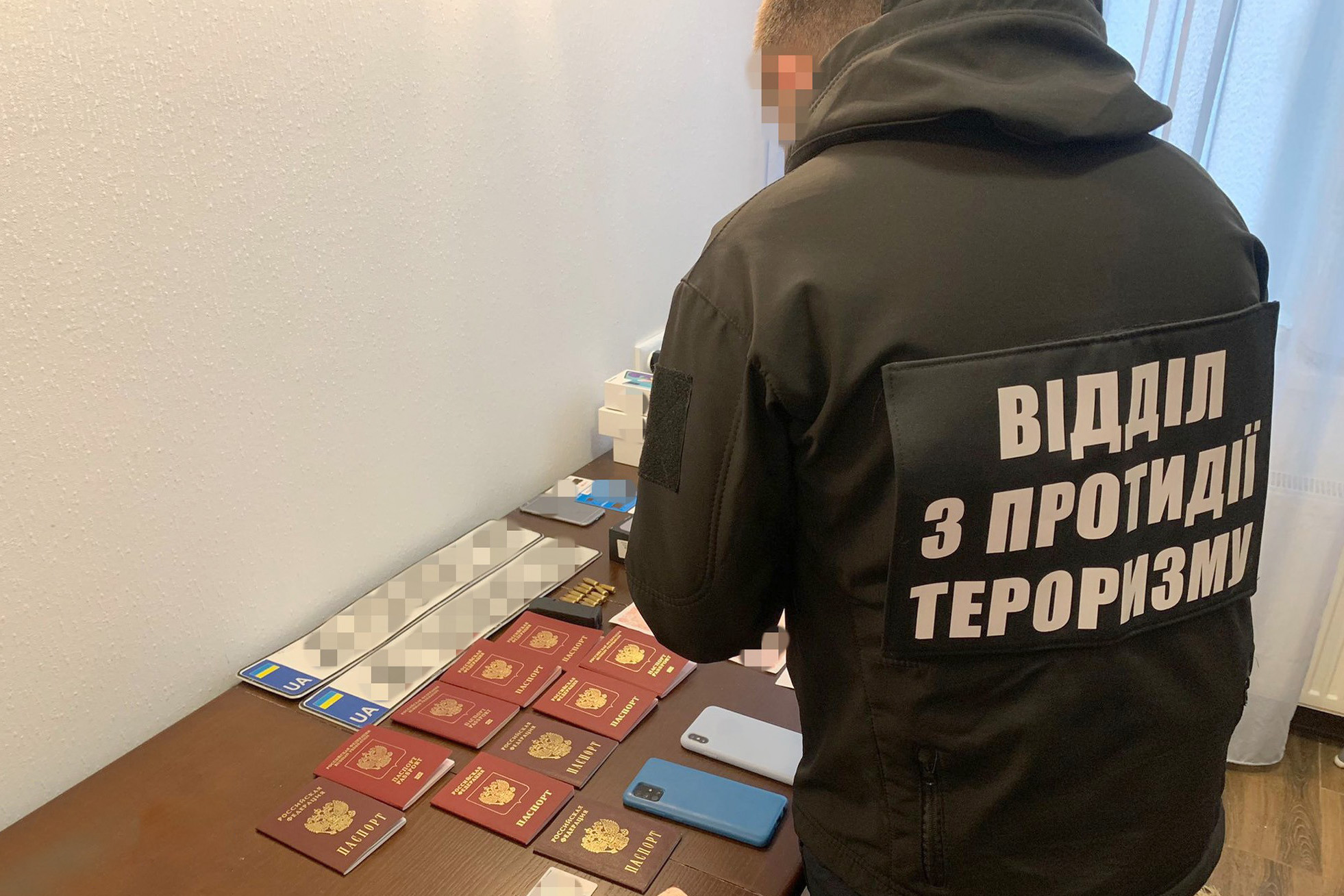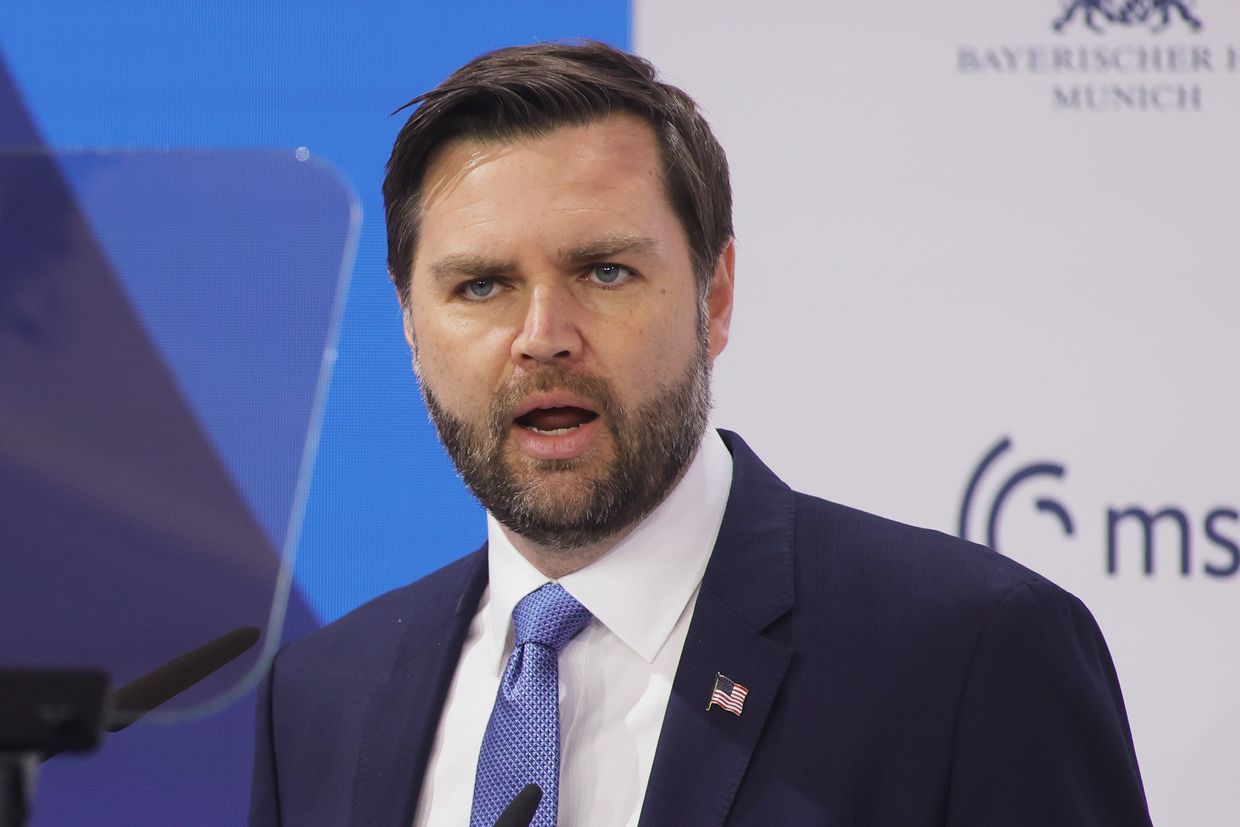The Security Service of Ukraine (SBU) said on Dec. 16 that it had uncovered an active Kyiv cell of the Islamic State, one of the world’s deadliest terror groups.
According to a preliminary investigation, the cell had 12 members, including five Russian citizens. Security services carried out 11 searches and found weapons, ammunition, forged identification documents and communication tools, including many phones.
The cell was directed by “one of the leaders of the Islamic State, who was detained by the SBU and extradited to Georgia in May 2020,” the statement said.
The name of the cell leader hasn’t been released. Based on the description, it's possible that he was Tsezar Tokhosashvili, a Georgian citizen going by the nom de guerre of Al-Bara Shishani, whom Ukraine extradited to Georgia in 2020.
Wanted by Interpol, Tokhosashvili was a key official of the Islamic State, widely known as the terrorist organization's “Deputy Minister of War.”
He served as the deputy to Abu Omar al-Shishani, one of the most senior IS commanders, who was in turn a close military adviser to the organization's leader, Abu Bakr al-Baghdadi. Both Shishani and Baghdadi are now dead.
Tokhosashvili was widely believed to have been killed by an airstrike in 2017, so the announcement of his arrest in Ukraine in 2019 came as a surprise.
Experts say Ukraine is an easy destination for terrorists.
With its focus on the war with Russia, Ukraine doesn’t see IS as an urgent threat.
Ukraine’s considerable Muslim minority of over a million people, most of whom speak Russian, make it easy for IS members from Russian-speaking post-Soviet states to blend in.
Moreover, the country’s rampant corruption also helps terrorists cross Ukraine’s border, get fake documents and quietly treat gunshot wounds, as long as they have the money.
In 2020, former SBU’s Deputy Head Viktor Yagun told media outlet Zaborona that hundreds of Islamic State associates may reside in Ukraine.

SBU investigators initiated criminal proceedings into the creation of a terrorist group or terrorist organization.
Yet according to Aleks Korenkov, an expert who leads the International Research Center for Security Problems, the detainees may just be a criminal group rather than terrorists.
“From the photos published by the SBU, it can be assumed that the detainees look more like a criminal group than terrorists. They did not resist during the arrest, they have no (IS) flags, no recruitment literature, nothing that would indicate them belonging to the IS,” Korenkov told the Kyiv Independent.
Unlike the recently uncovered cell, IS units in the past contained symbols of the Islamic State and extremist religious literature, written by men linked to recruitment.
“It seems that these are not militants who planned terrorist attacks, but a criminal group,” Korenkov added.
It is possible that the group consisted of former IS fighters, as many of them continue hiding in countries around the world, often engaging in criminal activities.
It is also possible that the group was in contact with current IS fighters in Iraq and Syria. The terrorist group has recently renewed its presence in Iraq, and many foreign fighters from post-Soviet coutries, especially Russia, have stayed in the region.
“The value of such hidden centers of IS in European countries is not money, and not even recruitment. It is the preservation of human resources. The war in Syria has shown that experienced foreign volunteers are important to the success of organizations such as the Islamic State. Their experience is invaluable… (and) it is important for the organization to keep these people even after their military defeat,” Korenkov said.
“Such people tend to remain loyal to the organization. And when a new environment is created that is conducive to the restoration of the 'caliphate', they will be called to a new war. If the detainees really belong to the Islamic State, then they are rather a cell whose goal is to wait until they are called to a new war.”













